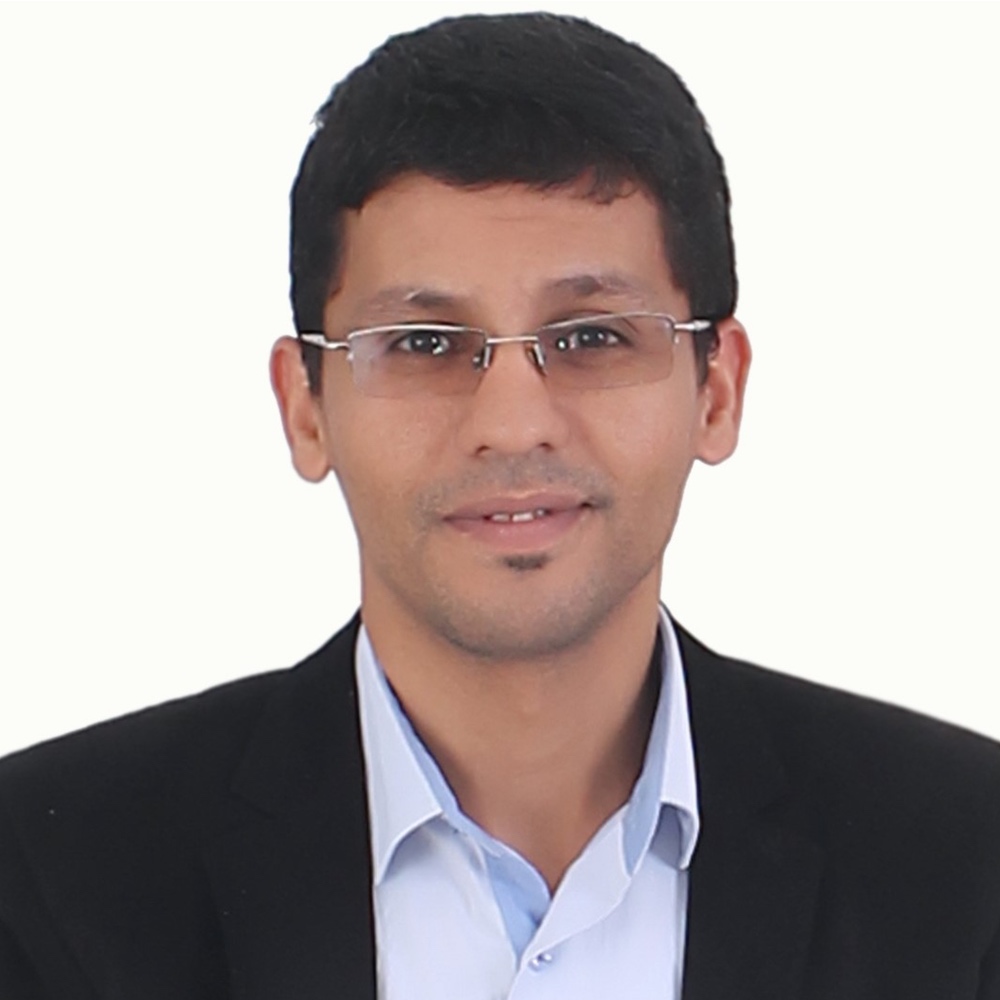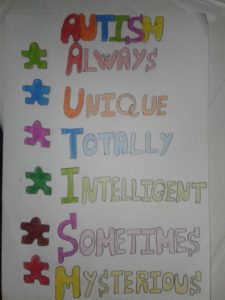 Autism Changed Our Perspectives
Autism Changed Our Perspectives
by Aziz Soubai.
When you give your students some space and time to do whatever they want, amazing things happen. I don’t force them to do something they don’t like in my classes. Instead, I suggest topics, look at their reactions, and take their comments into consideration. That’s exactly how my students and I ended up getting involved in the project that I’m going to talk about.
Raising awareness about autism was the main purpose of the activity that my students and students from Al Hadi High school in Lebanon collaborated on and that I would like to talk about in this post. My students worked closely with the Lebanese autistic students and they learned a lot from them. It’s worth mentioning that parents and the whole community were involved in this project as well.
The project was part of the global Connecting Classrooms programme that brought together some schools in and outside Morocco, including mine. On the Schools Online website there are samples of projects, types of school partnerships, and samples of themes a teacher can use to collaborate with other schools. For my students, I chose to focus on autism because there exist a lot of misconceptions about it.
While participating in this project, I found out that students have a lot of potential and become extremely motivated if they are working and learning in an anxiety-free atmosphere. My students had creative ideas and were engaged while learning with their international peers, which showed to me the huge importance of project-based learning and its impact on the learners.
The activity itself was essentially a celebration of the World Autism Awareness Day, April 2nd. Our schools collaborated to help increase students’ awareness of this condition by exchanging questionnaires with the partner school to collect information regarding autism or any other similar conditions. The science teachers were also involved providing some support to us in the process. In fact, involving other teachers in such projects is crucial because of their cross-curricular nature. Students then brainstormed ideas on how to create attractive posters, drawings, or paintings, which were later exchanged for comments and feedback.
The next step was creating a Facebook group and a Facebook page where the posters were shared to show support for people suffering from this condition around the world. The ongoing purpose of the group and the page is to keep the interaction between the two schools alive and to make people change the way they look at this condition.
As part of the process, we also watched an amazing movie about Temple Grandin, telling the inspiring life story of the American professor of animal science and famous autism spokesperson. One of the things that students learned from this movie is that being different doesn’t mean something negative. The movie helped to change stereotypes about autistic people and treat them as human beings. Adding the movie to the list of activities was suggested by the Lebanese partner and it was an important step as schools from both sides had a great learning experience from it.
At the end of the project, the teams from the two schools exchanged certificates of thanks and appreciation. After taking pictures and writing detailed reports about the different stages of the activity, we managed to document the whole process into a portfolio of evidence. The main objective of the portfolio is to record the international work for assessment and evaluation by the Connecting Classroom ambassadors. The document also contained many types of evaluation sheets: for teachers and parents, for students (to write what was good about the activity and how it could be improved), as well as for visitors who might include colleagues from other schools or community leaders and activists.
 To conclude, participating in this project was a tremendous eye-opener for me personally, for the students, and for the whole school. Society always regards autistic individuals as inferior creatures who lack social skills, and I hope that this project changed that view a little bit and our students became aware that autistic people can be creative, funny, social, and extremely intelligent.
To conclude, participating in this project was a tremendous eye-opener for me personally, for the students, and for the whole school. Society always regards autistic individuals as inferior creatures who lack social skills, and I hope that this project changed that view a little bit and our students became aware that autistic people can be creative, funny, social, and extremely intelligent.
“I think sometimes parents and teachers fail to stretch kids. My mother had a very good sense of how to stretch me just slightly outside my comfort zone.” (Temple Grandin)

Wonderful article! It seems that your students and yourself did a very good job! Keep it up!